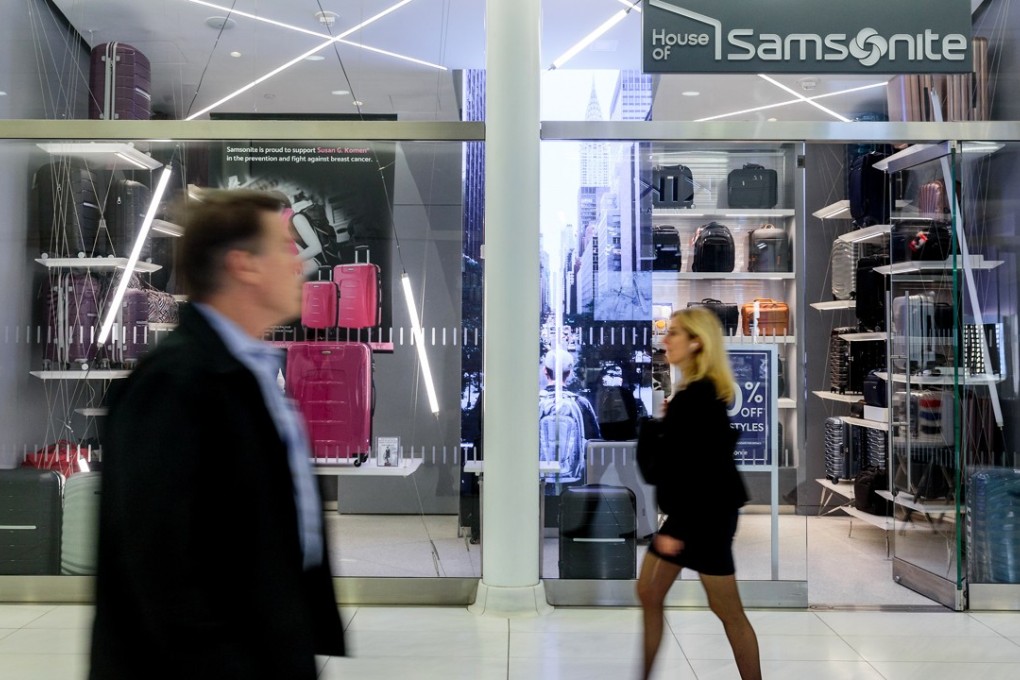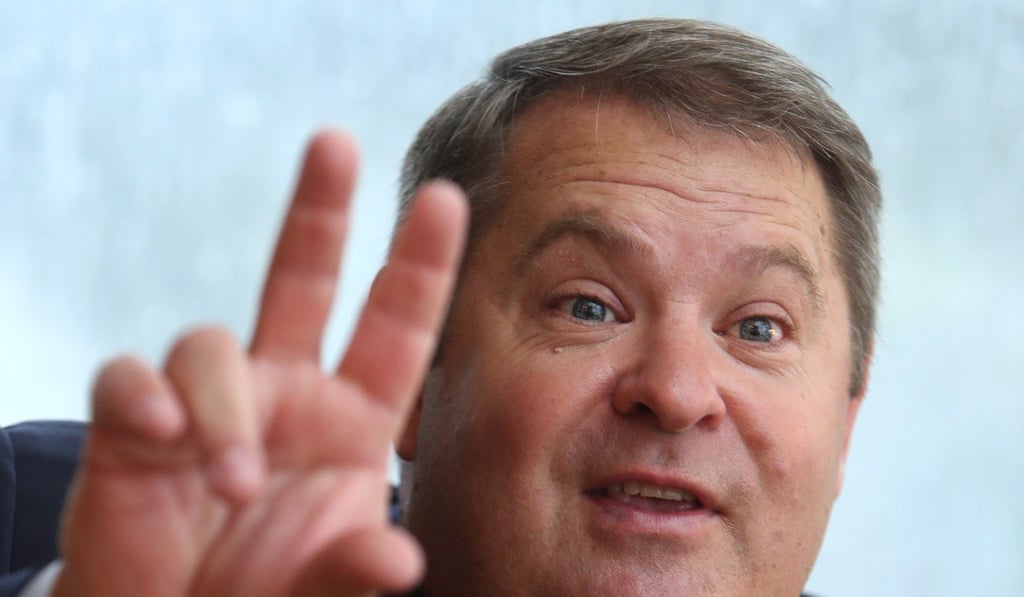Short sellers in retreat as Samsonite shares rise 6 per cent following first-half earnings result

Samsonite, the world’s largest luggage maker whose former chief executive was forced to resign after the company faced a short sellers’ attacks three month ago, saw its Hong Kong shares rally 6 per cent on Thursday after a management reshuffle helped deliver solid first half earnings.
The company’s share price was up as much as 9 per cent in intraday trade before ending the session at HK$31.15, up 6 per cent from its previous close. The company reported late Wednesday that its first half net profit excluding one-off write-offs of deferred financing costs stood at US$107.4 million, up 28.8 per cent from a year earlier.
“The solid result is the best evidence to show that the allegation made by the short seller Blue Orca Capital was inaccurate. The short seller report just wanted to create a negative voice. It is clear that the short seller has picked the wrong target this time,” said Kyle Gendreau, the Boston-based chief executive of Samsonite, in an interview with the South China Morning Post in Hong Kong on Thursday.

The rally stood in a contrast to three months ago when its share price slumped 20 per cent in a few trading days in late May to HK$25.8 after Blue Orca Capital accused Samsonite of “questionable accounting practises” and poor corporate governance.
In its short seller report, Blue Orca said Samsonite was worth HK$17.59 a share, 49.7 per cent below its weekly high of HK$35 before the report was released. It accused the company of inflating profit margins and concealing slower growth through debt-fuelled acquisitions, and called for more auditing oversight on transactions involving companies owned by Samsonite CEO Ramesh Taniwala and his family. It also accused Taniwala of lying about his academic background.